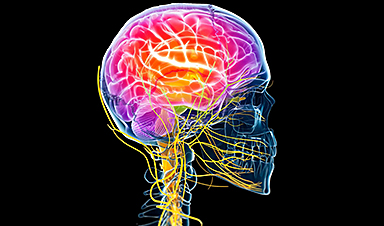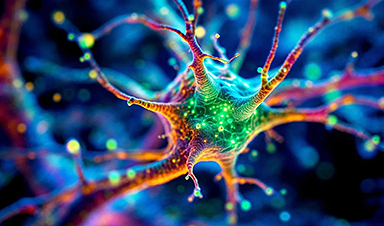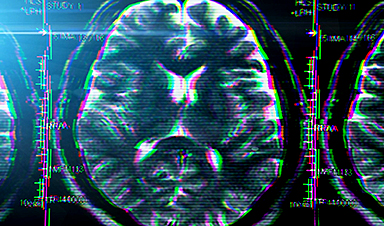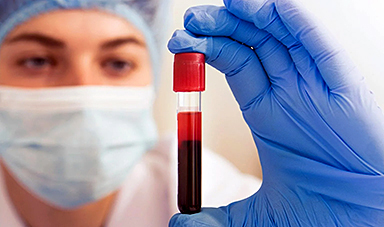Tech giants like IBM and Google have invested billions internally in A.I. research, but the past few years have also seen a wave of acquisitions, as big companies buy up startups to obtain top talent and new data-crunching science. (Acquisition figures are since 2010. source: CB Insights)
ALPHABET
(14 ACQUISITIONS)
> Google CEO Sundar Pichai has made the case that artificial intelligence is core to the search giant’s major businesses. It definitely shows in its acquisitions, including its 2014 purchase for over $600 million of U.K.–based Deep-Mind—whose software is best known for being the first to defeat a human champion at the strategy game Go (above).
APPLE
(13 ACQUISITIONS)
> Apple kicked off its A.I. acquisition spree in 2010 when it bought Siri, whose voice-recognition interface has since become, for many, the embodiment of consumer-facing A.I.
(6 ACQUISITIONS)
> The social networking giant is also an A.I. heavyweight, using deep learning to clean up its News Feed (though that’s very much a work in progress). Its recent big buys include the 2017 acquisition of Ozlo to improve its messaging app.
AMAZON
(5 ACQUISITIONS)
> It takes a lot of A.I. to fuel both its online retail (matching products to customer preferences) and its cloud-computing business. Amazon also uses A.I. to help screen the produce it ships through its grocery delivery business.
Image Credit: Go Fans watch a TV screen showing the live broadcast of the Google DeepMind Challenge Match in Seoul, South Korea. Google’s artificial intelligence program AlphaGo beat top-class South Korean Go player Lee Se-dol. Seung Il Ryu—Zuma Wire
News This Week
According to Researchers, Your Breathing Patterns Could Hold the Key to Better Memory
Breathing synchronizes brain waves that support memory consolidation. A new study from Northwestern Medicine reports that, much like a conductor harmonizes various instruments in an orchestra to create a symphony, breathing synchronizes hippocampal brain waves to [...]
The Hidden Culprit Behind Alzheimer’s Revealed: Microglia Under the Microscope
Researchers at the CUNY Graduate Center have made a groundbreaking discovery in Alzheimer’s disease research, identifying a critical link between cellular stress in the brain and disease progression. Their study focuses on microglia, the brain’s immune [...]
“Mirror Bacteria” Warning: A New Kind of Life Could Pose a Global Threat
Mirror life, a concept involving synthetic organisms with reversed molecular structures, carries significant risks despite its potential for medical advancements. Experts warn that mirror bacteria could escape natural biological controls, potentially evolving to exploit [...]
Lingering Viral Fragments: The Hidden Cause of Long COVID
Long COVID, affecting 5-10% of COVID-19 patients, might be caused by the enduring presence of the virus in the body. Research suggests that viral fragments, possibly live, linger and lead to symptoms. Addressing this involves antiviral treatments, enhanced [...]
Hidden Scars: How COVID Lockdowns Altered Teen Brains Forever
Research from the University of Washington revealed that COVID-19 lockdowns led to accelerated cortical thinning in adolescents, impacting brain development significantly. This effect was more pronounced in females than males, raising concerns about long-term brain health. The study [...]
Simple Blood Test To Detect Dementia Before Symptoms Appear
UCLA researchers have identified placental growth factor (PlGF) as a potential blood biomarker for early detection of cognitive impairment and dementia. High PlGF levels correlate with increased vascular permeability, suggesting its role in the development [...]
Investing Goldman Sachs asks ‘Is curing patients a sustainable business model?’
Goldman Sachs analysts attempted to address a touchy subject for biotech companies, especially those involved in the pioneering “gene therapy” treatment: cures could be bad for business in the long run. “Is curing patients [...]
The risks of reversed chirality: Study highlights dangers of mirror organisms
A groundbreaking study evaluates the feasibility, risks, and ethical considerations of creating mirror bacteria with reversed chirality, highlighting potential threats to health and ecosystems. In a recent study published in Science, a team of researchers [...]















Leave A Comment